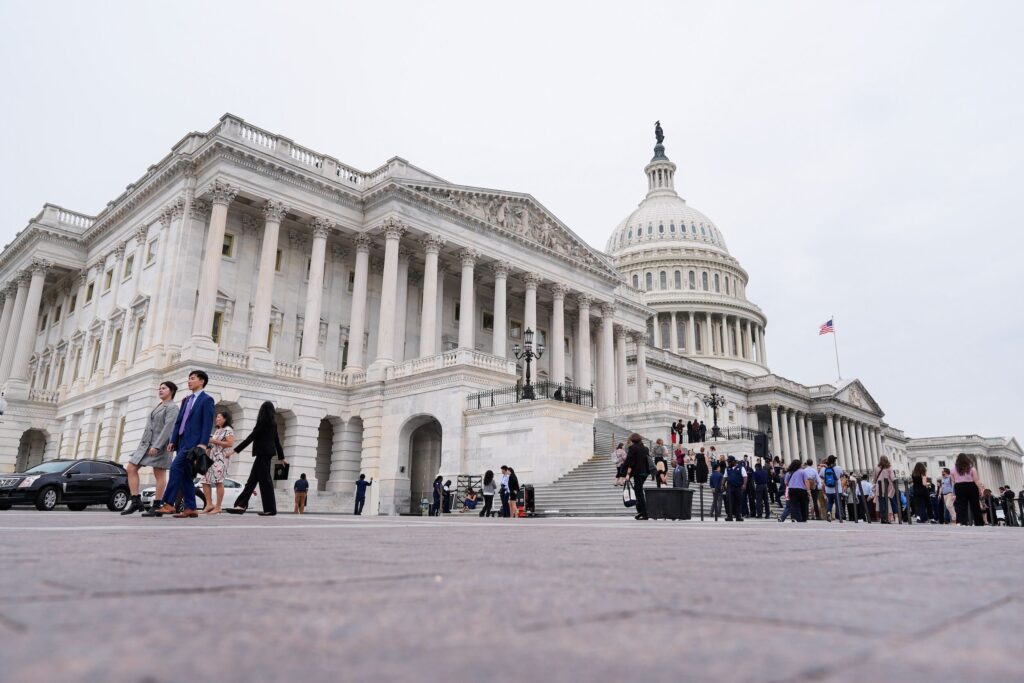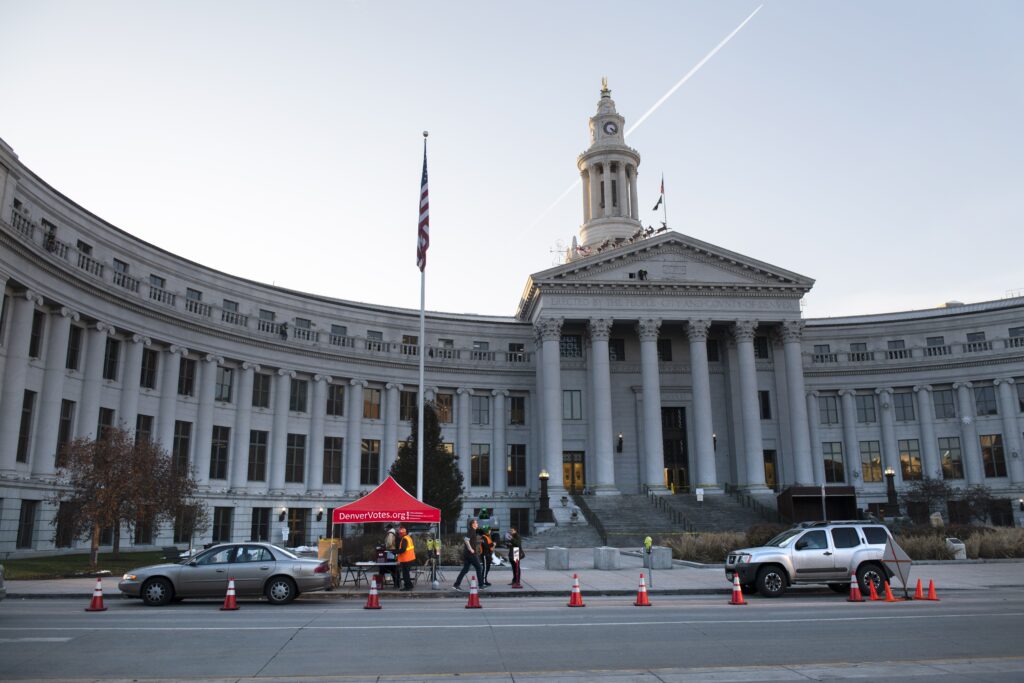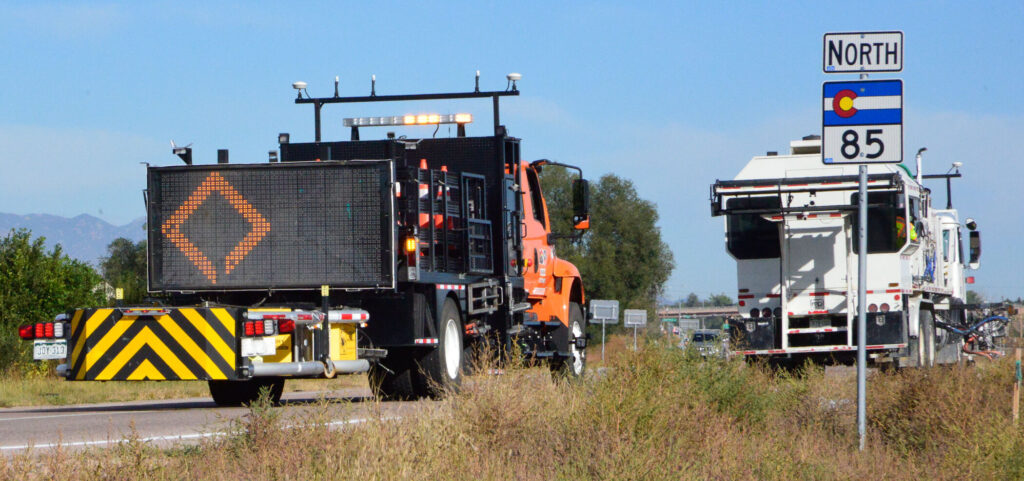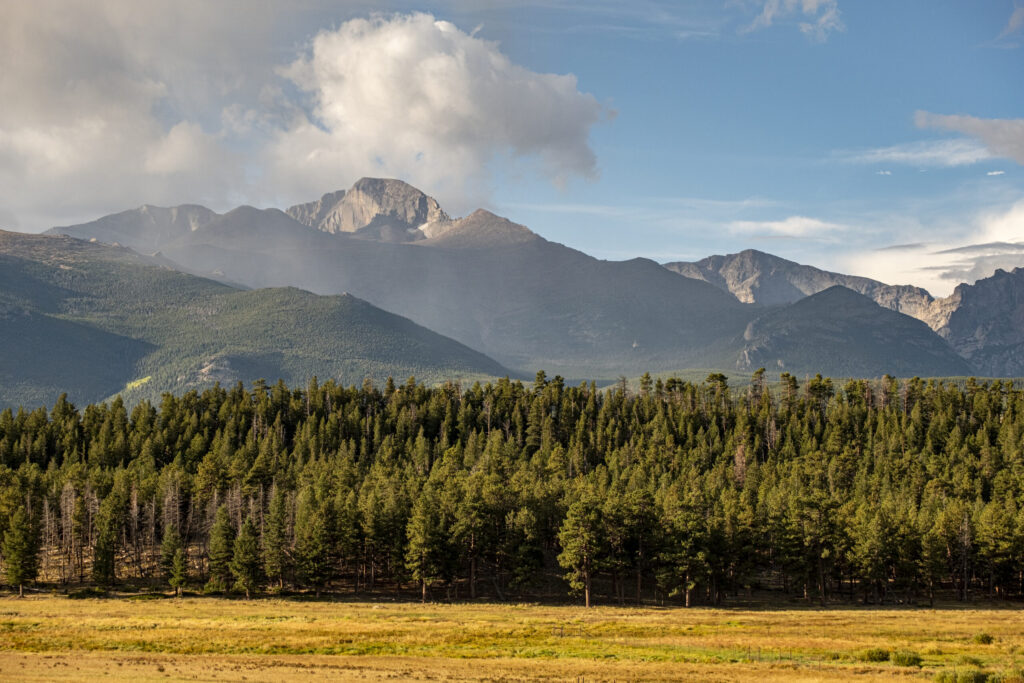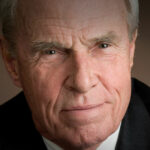Advocacy group’s new poll shows western voters value public lands
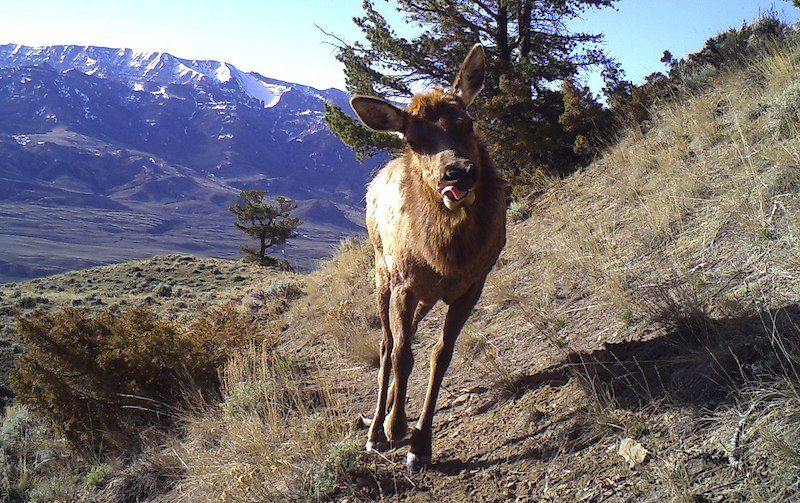
A new poll from an environmental advocacy organization suggests western voters feel strongly about preserving public lands.
The Denver-based Center for Western Priorities’ poll, Winning the West, asked those who were questioned online to weigh in on issues involving public lands, parks and wildlife. Republicans, Democrats and unaffiliated voters were surveyed.
Among the results:
The full poll is available by clicking here.
The findings were based on 2,500 responses last month from those defining themselves as likely voters in Colorado, Arizona, Montana, Nevada and New Mexico. Gottlieb Strategic Research, which conducted the poll, gave the findings a plus or minus 2 percent margin of error.
In Colorado 46 percent of respondents identified as a Democrat or said they lean toward Democratic candidates or positions, while 42 percent said they were a Republican or leaned Republican.
“You cannot truly understand the Western electorate without knowing about the outdoor voting tendencies that run strong across all voters,” said pollster Brian Gottlieb said in a statement. “We see those tendencies especially strong among these seven groups of voters, which are less partisan and less ideological than traditional partisan break-downs.
“These outdoor voters are all persuadable in one way or another, meaning a politician would be smart to listen to their views of public lands when trying to build a winning coalition in the West.”
The findings of the left-leaning organization are in-step with other measurements of public sentiment on the outdoors in the West. The Center for Western Priorities has historically fought oil and gas development and opposed the Trump administration.
“In 2016 we saw the rise of public lands and the outdoors as a wedge issue in several competitive races in the Mountain West,” Jennifer Rokala, executive director of the Center for Western Priorities, said in a statement. “Now, with a peaking national monuments (issue), we expect to see outdoor issues playing an even more decisive role in this year’s elections.”



